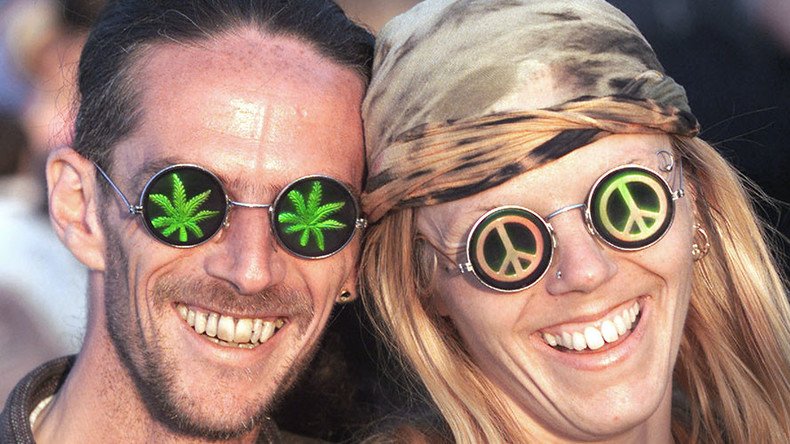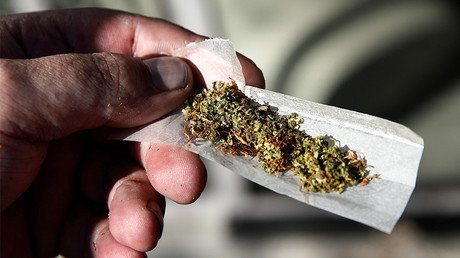Music festivals offer to test people’s drugs, police promise not to make arrests

Festival-goers in Britain will be allowed to have their drugs tested by chemists at music events, and the police have promised not to arrest them.
Reading and Leeds were among the festivals embracing the initiative, which hopes to show people the dangers of consuming illegal substances by detailing exactly what they contain.
The scheme is being backed by West Yorkshire Police and the National Police Chiefs' Council (NPCC).
“It's really exciting that police are prioritizing health and safety over criminal justice at festivals,” said Fiona Measham, whose organization The Loop runs the forensic testing.
The program was launched last year, where around 200 attendees at the Secret Garden Party festival had their substances tested. The materials handed over were destroyed after testing, but revelers were able to find out what exactly was in their purchased drugs without fear of prosecution.
“We talked about it during the summer of last year and the reality is that I took a decision that unless and until the NPCC supported the principle of it, it was difficult for us to move forward on it,” said Melvin Benn, the organizer of festivals such as Latitude, Wireless and V Festival.
“It's taken a long time and it won't be at every festival, but where we think there is a need to do, it we will be doing it.”
The 2016 version of Measham’s program was branded a “runaway success.”
Anti-drugs campaigners were not best pleased with the policy, however, arguing the police should be the last people to condone consumption.
drug safety testing shouldn't even be a discussion anymore, it should be in every club & festival. The war on drugs doesn't work
— Kool K8 🌹 (@oceqns) May 22, 2017
“I do not think senior police officers have thought this through with the clarity that the public deserve,” said National Drug Prevention Alliance spokesman David Raynes.
“This will simply normalize drug taking amongst the young and will reinforce the attitude that taking drugs is an integral part of the festival experience, which it is not.”
West Yorkshire Police chief constable Andy Battle said: “We can never condone the use of illegal drugs, but we recognize that some people will continue to take them and we need to adapt our approach in the interests of public safety.
“Consuming controlled drugs is inherently dangerous and the tragic consequences of this have been illustrated with drugs-related deaths at the event in recent years. We will continue to work closely with the on-site security team to target the possession and supply of controlled drugs and the criminal law will be applied appropriately as necessary.”
Last year, 17-year-old Lewis Haunch died after taking illegal drugs at the Leeds Festival. Another two teenagers died at T in The Park, in Scotland, due to drug-related incidents.













